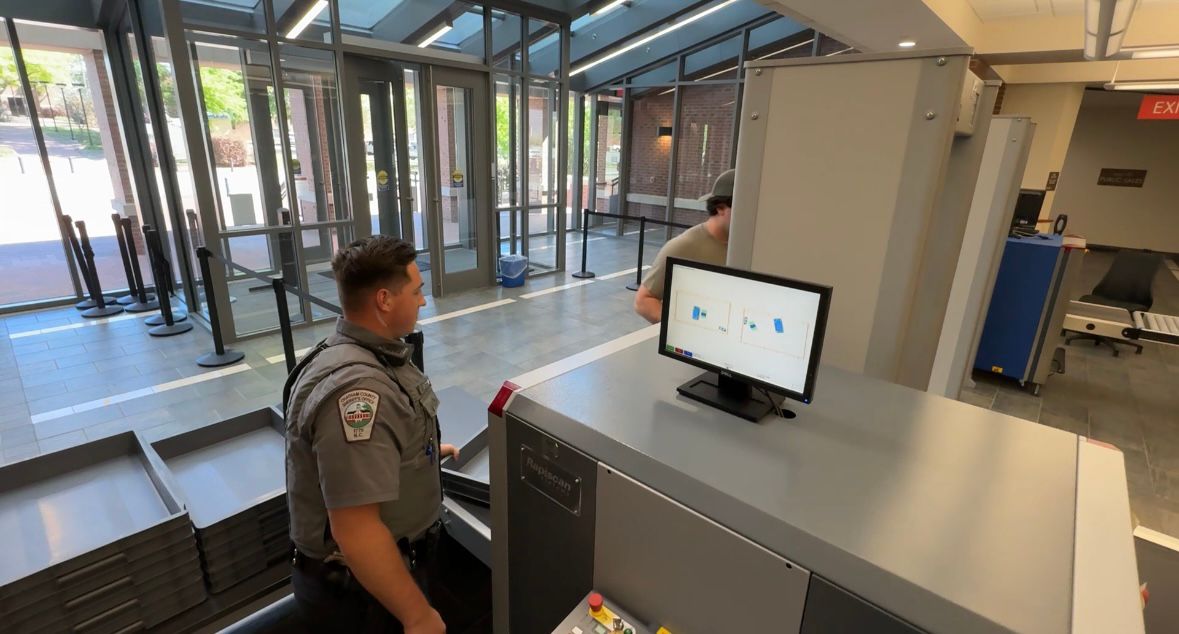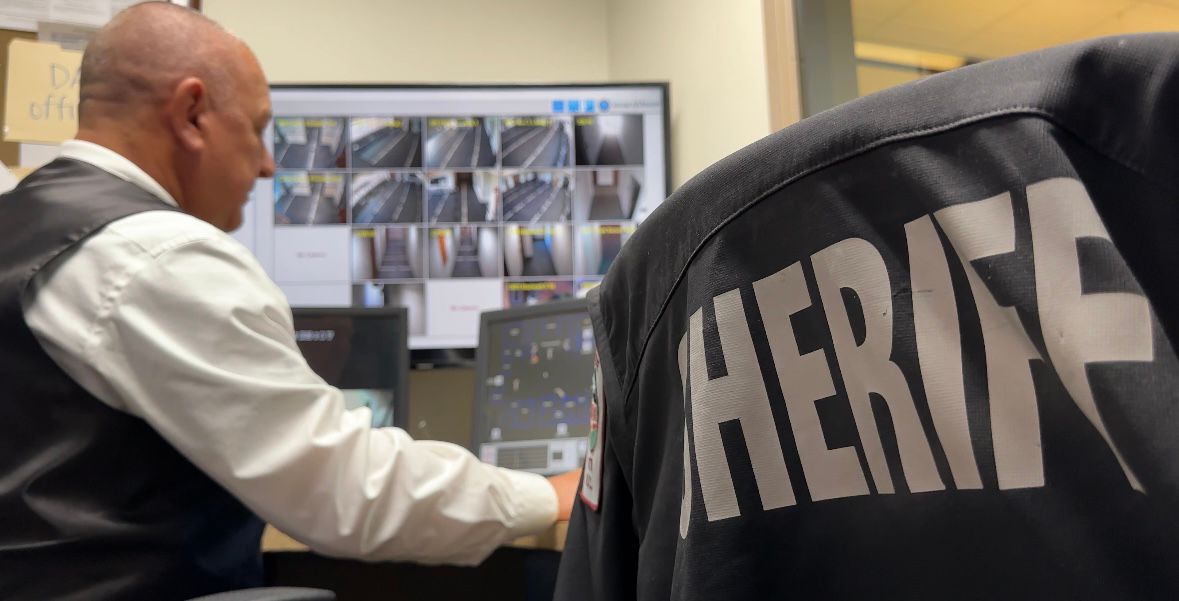PITTSBORO, N.C. — Policies for deputies beginning their employment before completing Basic Law Enforcement Training could return.
The probationary deputies must have already completed other basic training, such as firearm training, and evaluations before this probationary period.
What You Need To Know
- A rule similar to the one proposed has been in effect for years until recently
- The rule would allow deputies in training to begin employment prior to completing Basic Law Enforcement Training but would have completed other qualifying training and courses
- The deputy in training would need to be supervised and accompanied by a sheriff or BLET certified deputy
- Each sheriff can decide how they would utilize the deputies in training
Last month, the North Carolina Sheriff’s Education and Training Standards Commission unanimously voted to modify a rule that would allow deputies to start their duties for a year long probationary period prior to finishing Basic Law Enforcement Training, or BLET.
A rule similar to this had been in effect until recently. Now, the commission is looking to reinstate a similar rule for these deputies in training to get more hands on experience prior to hundreds of hours of BLET training.
Chatham County Sheriff Mike Roberson has been in law enforcement since 1990. Roberson was appointed as the Chatham County sheriff in 2016 and elected in 2018.

“Helping people is what we do almost every day. And so, to be able to get paid to do that is a pretty good gig,” Roberson said.
A large part of being a deputy is working with the public. That is something Roberson said new deputies can work on while working security at the courthouse.
“This is a good start on how to deal with people as well, how to talk to people. How to do security work and be friendly at the same time,” Roberson said.
Courthouse security is just one position Roberson says he may put a deputy in training on if they're allowed to start their career early.
“You're scared because you're a victim. You're scared because you're a suspect. You don't know what the outcome is going to be. Understanding how to deal with people in fear is another thing,” Roberson said.
Roberson is the president of the North Carolina Sheriff’s Association, which includes all 100 counties in the state. The association says it supports the rule.
“This rule means that we can hire people and put them to work as a deputy. To do work with either a certified law enforcement officer or the sheriff himself. There are also roles that we could have them work that are not law enforcement requirement duties, such as operating cameras, operating metal detectors, those kind of roles that we could have jobs for them that are not in a car, not answering calls,” Roberson said.
The deputies in training would need to be accompanied and supervised by either a sheriff or a BLET certified deputy.
Each sheriff would have the ability to decide how to utilize the deputy in training.
Roberson says he is planning to have the new deputies on positions like finger printing or courthouse security if the rule is passed.
“I'm not going to put people out in cars by themselves. I'm not going to put them out there with people, training like that. They're going to be doing these side jobs that we have, like fingerprinting, transporting or those kind of things that are not answering calls,” Roberson said.
Not only would this year-long probationary period help those completing BLET get more hands on experience, it would also help speed up the hiring process.
“We need people to go to work. We've had a shortage of law enforcement over the last couple of years,” Roberson said. “I can tell you, as of 20 years ago or so, we had more people that want to do this job than we had positions.”
The deputies in training will have no difference in their uniforms and will have full law enforcement authority when they are accompanied and supervised by a sheriff or BLET-certified deputy. The deputy in training would only have full law enforcement authority unsupervised in the case of an emergency.

“We’re not going to put the community at risk of being subjected to things that they shouldn't be subjected to. I can speak for all 100 sheriffs who say they care about the community, they’re in, and they want the right thing done,” Roberson said.
For more clarity on how local sheriffs would implement the ruling if passed, Roberson says to contact a local sheriff directly.
“There's nobody that works with us who is not trained in what they're doing,” Roberson said.
The Sheriff’s Education and Training Standards Commission is meeting April 30 to discuss lateral transfers and reinstatements, in-state lateral transfer of a deputy sheriff and evaluation for training waiver.
If the commission adopts the rulings, they'll be submitted to the Rules Review Commission within 30 days. If approved, the effective date will be June 1 of this year.
As for the new rule that would allow deputies to begin work sooner under supervision, the topic will be discussed at summer meetings and may roll out this fall if approved.












